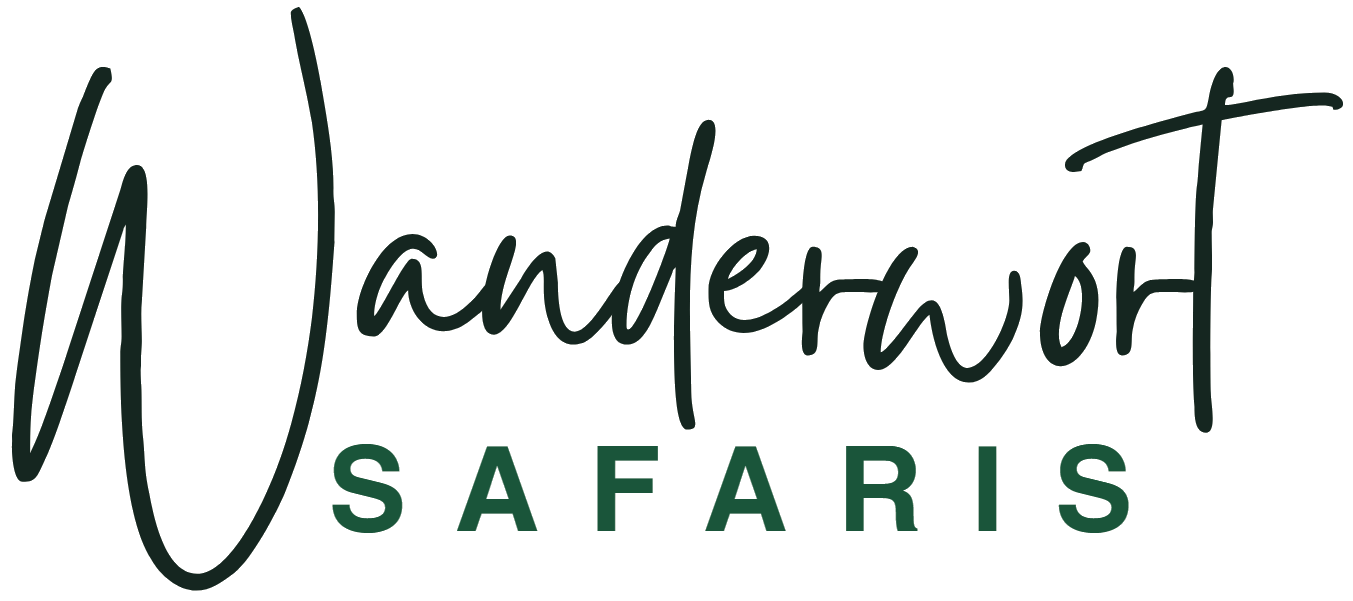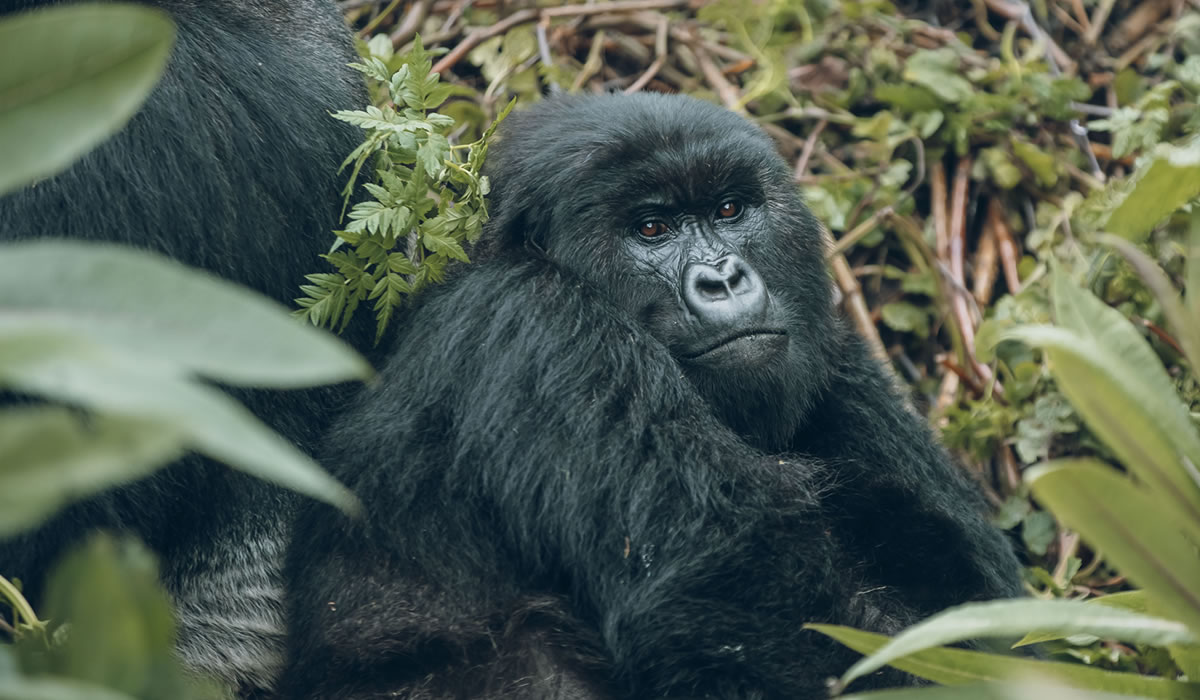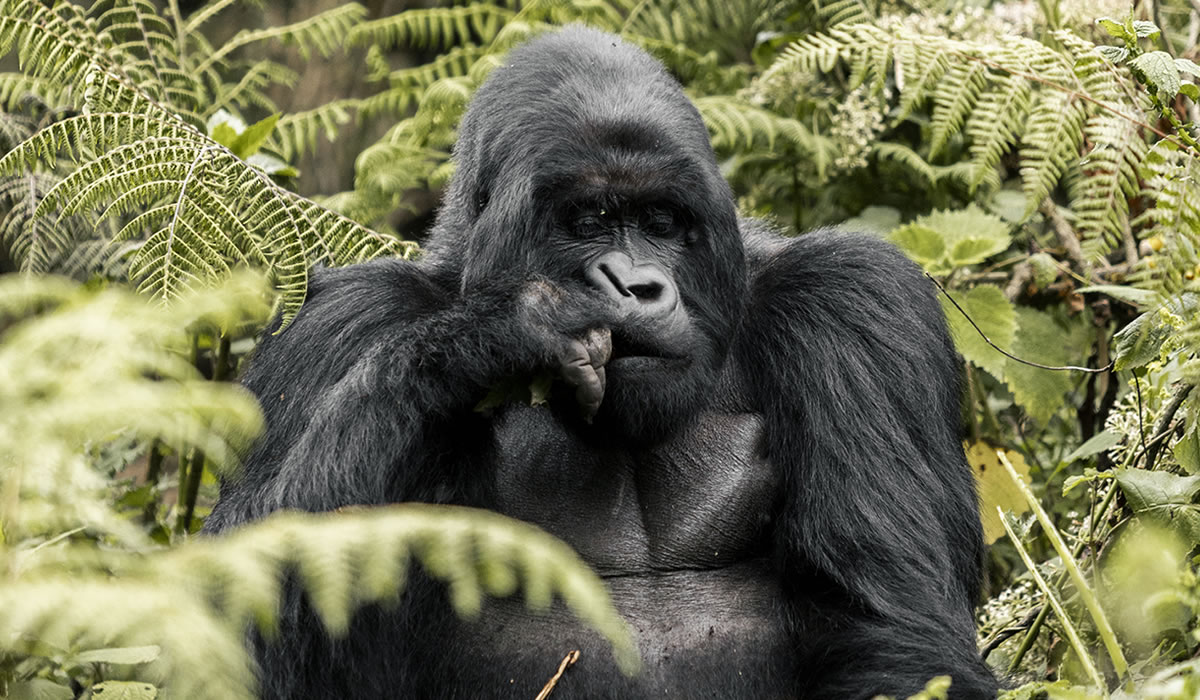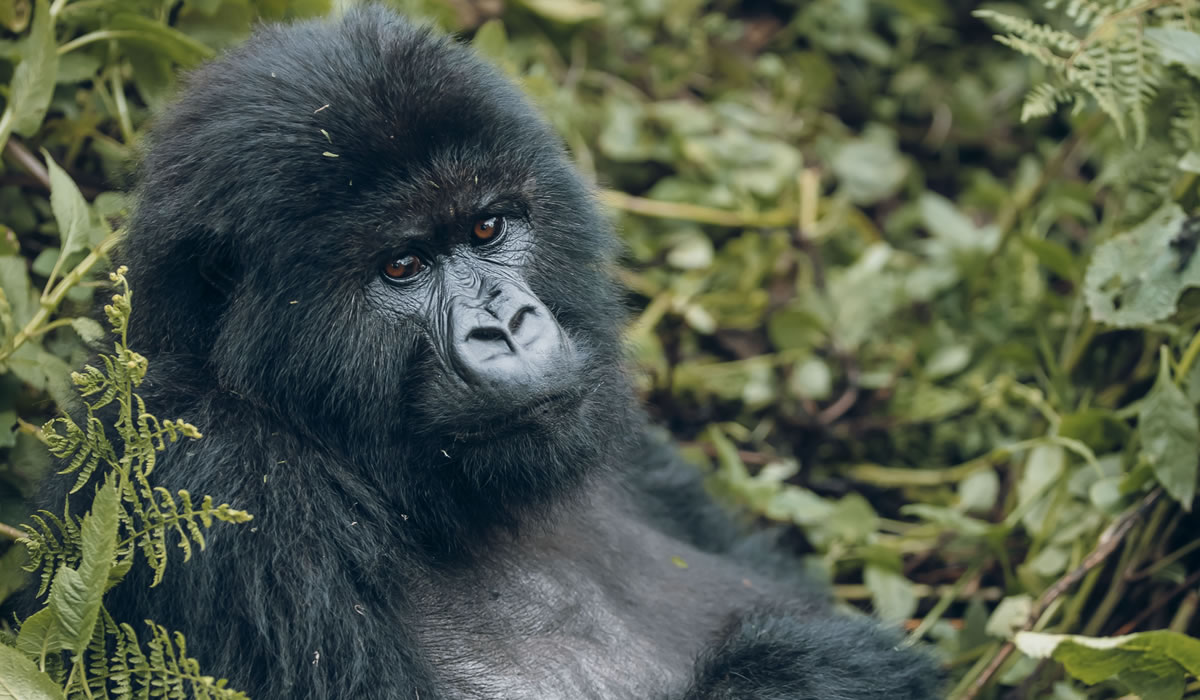Gorilla trekking in Rwanda is one of the most extraordinary wildlife experiences on Earth. Nestled…
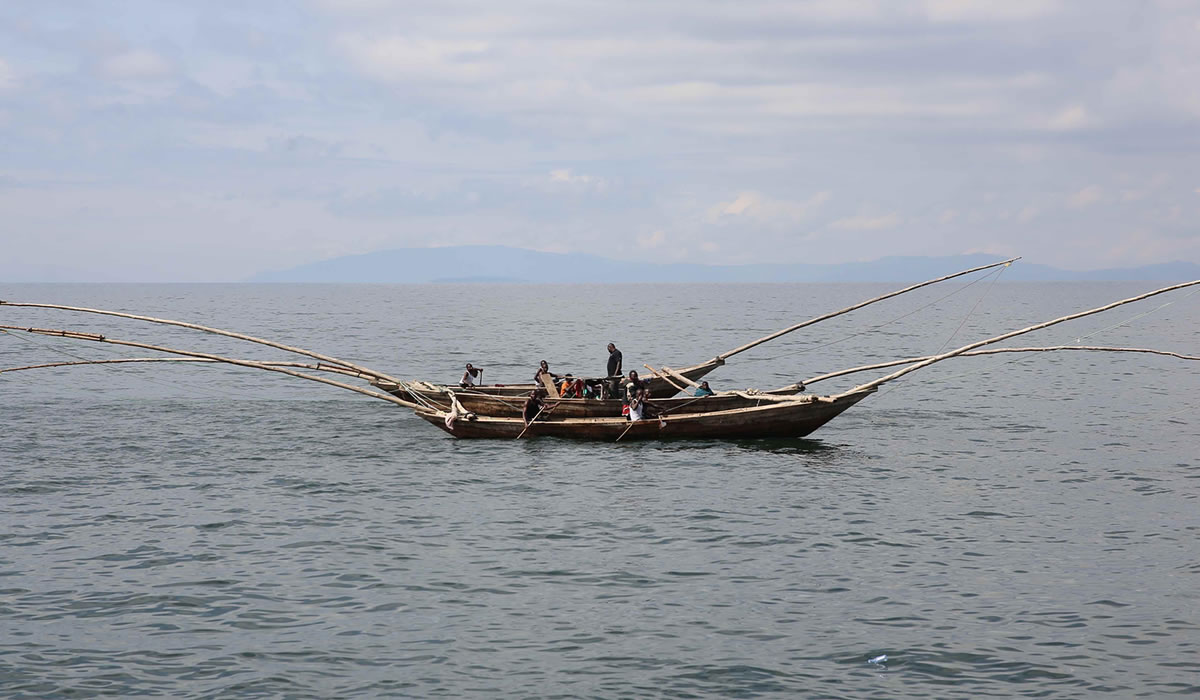
Lake Kivu Fishermen Experience in Rwanda
Nestled in the heart of East Africa, Lake Kivu stands as one of Rwanda’s most magnificent natural treasures, offering visitors an authentic glimpse into the traditional fishing culture that has sustained local communities for generations. This stunning freshwater lake, shared between Rwanda and the Democratic Republic of Congo, provides an unparalleled opportunity for travelers to immerse themselves in the daily lives of Rwandan fishermen while experiencing the breathtaking beauty of one of Africa’s Great Lakes.
The Magic of Lake Kivu’s Fishing Heritage
Lake Kivu’s fishing industry represents more than just economic activity, it embodies centuries of cultural tradition, community cooperation, and sustainable living practices that define rural Rwandan life. The lake’s crystal-clear waters, stretching over 2,700 square kilometers, have supported fishing communities along Rwanda’s western shores for countless generations. Today, visitors can witness this living heritage through carefully curated fishermen experiences that showcase both traditional techniques and modern conservation efforts.
The fishing culture around Lake Kivu revolves around community-based practices where knowledge passes from father to son, and entire villages depend on the lake’s bounty. Local fishermen primarily target sardines (locally known as “amakayabo”) and tilapia, using traditional wooden boats and nets that have been refined over decades. These time-honored methods not only preserve the lake’s ecosystem but also maintain the authentic character that makes the fishermen experience so compelling for cultural tourists.
Traditional Fishing Techniques and Boats
The Lake Kivu fishermen experience begins with an introduction to the iconic traditional boats that dot the lake’s surface each morning. These handcrafted vessels, constructed from locally sourced wood and designed specifically for Lake Kivu’s conditions, represent generations of maritime craftsmanship. Visitors can observe boat-building techniques that remain unchanged, watching skilled artisans shape hulls using traditional tools and methods passed down through family lineages.
Fishing on Lake Kivu primarily occurs during night hours when sardines move closer to the surface. The fishermen experience allows tourists to join these nocturnal expeditions, witnessing the mesmerizing sight of dozens of boats equipped with bright lights that attract fish in the darkness. This traditional light-fishing method, combined with carefully coordinated net placement, creates a spectacular display across the lake’s surface that photographers and nature enthusiasts find irresistible.
During daylight hours, visitors can participate in net mending sessions where experienced fishermen demonstrate the intricate art of repairing and maintaining fishing equipment. These community gatherings serve as informal schools where traditional knowledge spreads, and tourists gain hands-on experience with techniques that require patience, skill, and deep understanding of the lake’s rhythms.
Community Life and Cultural Immersion
The Lake Kivu fishermen experience extends far beyond fishing activities to encompass the rich social fabric of lakeside communities. Visitors stay in traditional fishing villages where they can observe daily routines, participate in communal meals, and learn about the complex social structures that govern fishing territories and resource sharing. These communities have developed sophisticated systems for managing fishing grounds, boat maintenance, and catch distribution that reflect centuries of collective wisdom.
Women play crucial roles in Lake Kivu’s fishing economy, handling fish processing, smoking, and marketing activities. The fishermen experience includes opportunities to work alongside these women, learning traditional fish preservation techniques using local smoking methods that create distinctive flavors prized throughout Rwanda. Visitors can participate in early morning fish markets where the previous night’s catch gets sorted, weighed, and prepared for distribution to urban centers like Kigali and Gisenyi.
Community storytelling sessions form another integral component of the experience, where elder fishermen share legends about Lake Kivu’s formation, stories of exceptional catches, and cautionary tales about the lake’s occasional tempests. These narratives provide cultural context that helps visitors understand the deep spiritual connection between fishermen and their aquatic environment.
Sustainable Tourism and Conservation
Modern Lake Kivu fishermen experiences emphasize sustainable tourism practices that benefit local communities while protecting the lake’s delicate ecosystem. Tourism operators work directly with fishing cooperatives to ensure that visitor participation supports rather than disrupts traditional livelihoods. Revenue from these cultural experiences funds community development projects including school construction, health clinics, and infrastructure improvements that enhance quality of life for fishing families.
Conservation education forms a central element of the fishermen experience, with guides explaining how traditional fishing practices naturally promote sustainability. Visitors learn about seasonal fishing restrictions, traditional taboos that protect breeding areas, and community-based resource management systems that have maintained fish populations for generations. These lessons provide valuable insights into indigenous conservation practices that modern environmental science increasingly recognizes as effective.
The experience also addresses contemporary challenges facing Lake Kivu’s fishing communities, including climate change impacts, water quality concerns, and competition from commercial operations. Visitors gain appreciation for the resilience and adaptability of traditional fishing communities while understanding how sustainable tourism can support their continued prosperity.
Planning Your Lake Kivu Fishermen Experience
The optimal time for experiencing Lake Kivu’s fishing culture spans the dry seasons from June to August and December to February, when calm weather conditions make boat excursions safer and more comfortable. However, each season offers unique perspectives on fishing life, from the abundance of the rainy season to the concentrated activities of dry months when fish behavior becomes more predictable.
Multiple-day packages provide the most comprehensive fishermen experiences, allowing visitors sufficient time to participate in various activities while building meaningful relationships with community members. These packages typically include accommodation in traditional guesthouses, all meals featuring fresh lake fish prepared using local recipes, guided fishing expeditions, cultural performances, and hands-on workshops covering traditional crafts and techniques.
Transportation to Lake Kivu fishing communities is readily available from major Rwandan cities, with scenic drives through the country’s famous thousand hills providing spectacular introductions to the lake region. Most experience operators arrange complete packages including transportation, accommodation, meals, and guided activities, ensuring hassle-free participation in this authentic cultural immersion.
The Lake Kivu fishermen experience offers travelers an extraordinary opportunity to connect with Rwanda’s authentic cultural heritage while supporting sustainable community-based tourism. Through active participation in traditional fishing practices, visitors gain profound insights into sustainable living, community cooperation, and the enduring relationship between people and their natural environment. This immersive cultural experience creates lasting memories while contributing to the preservation of traditional knowledge and the economic wellbeing of Lake Kivu’s fishing communities, making it an essential addition to any comprehensive Rwandan adventure.
